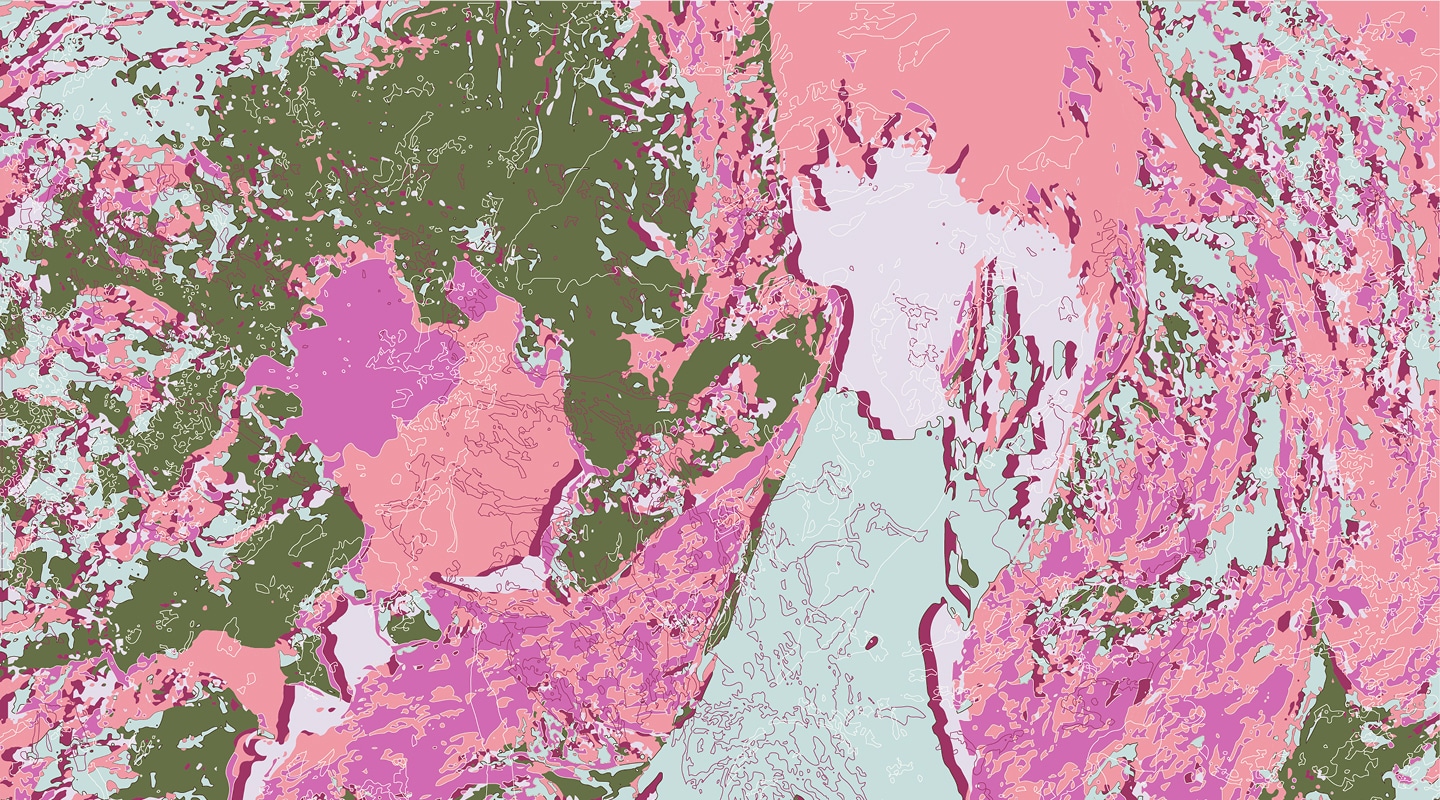Post
Intermediate wheatgrass as a dual use crop for grain and grazing



Writing a story about perennial grains or The Land Institute? If you are looking to interview our scientists or staff, request images, or film on location, click the link below to submit a media request.